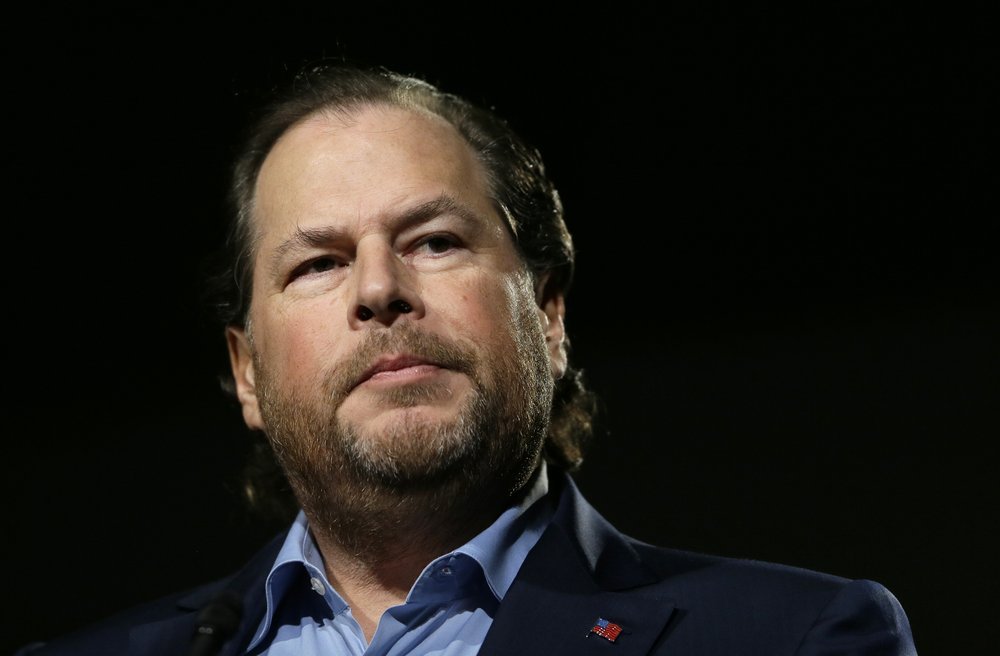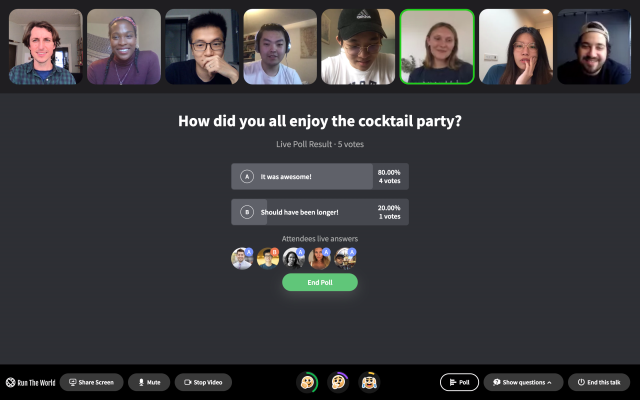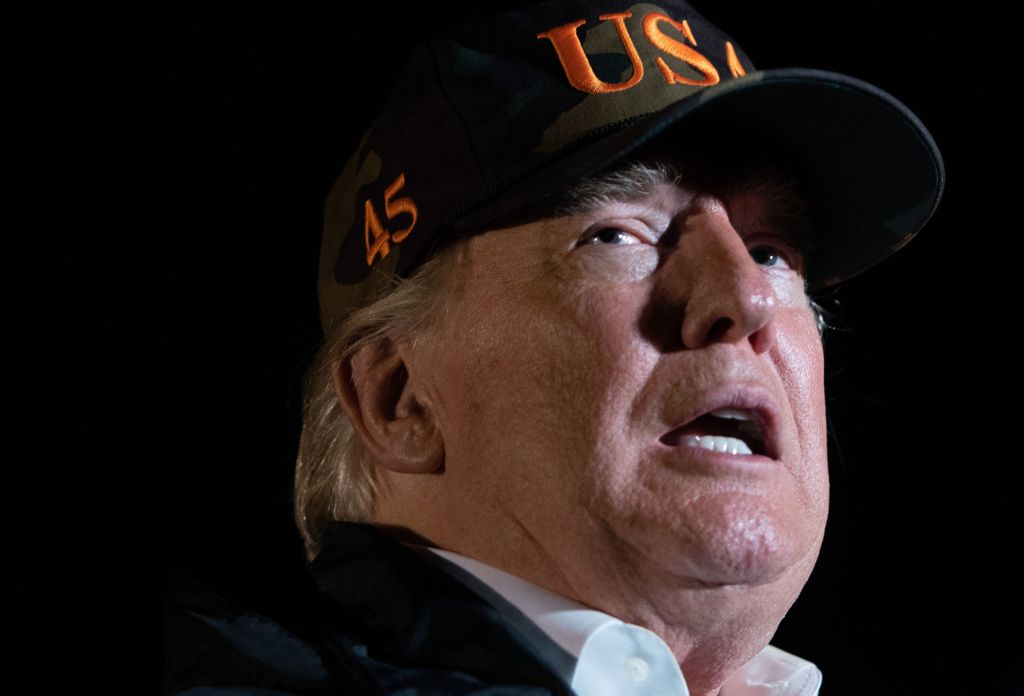By MICHAEL LIEDTKE and BARBARA ORTUTAY | The Associated Press
SAN FRANCISCO — Salesforce founder Marc Benioff oversees a $130 billion software empire from a 62-story skyscraper that towers above everything else in San Francisco. But he sits uneasily in his lofty perch because of a worsening economic divide on the streets down below, where the lavish pay doled out to tech workers like his are pricing many people out of affordable housing.
So he’s urging fellow CEOs to help fix a “train wreck” of inequality his industry helped create. He wants them to take a stand on homelessness, along with other polarizing issues such as gay rights, climate change and gun control, to fill what he considers a leadership void that is paralyzing government in times of crisis.
In a forthcoming book, “Trailblazer,” due out Oct. 15, Benioff calls on activist CEOs to lead a revolution that puts the welfare of people and the planet ahead of profits.
“We are at a point where CEOs recognize that they just can’t be for their shareholders,” Benioff said in an interview. “They have to be for all their stakeholders, whether it’s for their schools, whether it’s for the environment, whether it’s for the fundamental equality for every human being.”
Yet Benioff’s crusade raises a nagging question: Should a billionaire who rode technology to wealth and fame be trusted to help fix the problems his industry has exacerbated?
Critics contend that’s a bad idea, particularly as CEOs become ever more isolated economically from the rest of society. Even at a booming tech company such as Salesforce, a worker making the average annual income of $152,000 would need nearly two centuries to match Benioff’s $28.4 million pay package last year. His fortune is estimated at $6 billion.
Relying on the privileged classes to set the social agenda during divisive times harkens back to the colonialism that the U.S. revolted against in 1776, said Chiara Cordelli, a political science professor at the University of Chicago.
“Even if they are very well intentioned, they are so powerful it becomes a question of whether they should have this kind of voice,” Cordelli said.
Benioff’s fans insist he genuinely wants to steer CEOs in a new direction.
“Marc’s heart leads his head,” said California Gov. Gavin Newsom, who befriended Benioff about 15 years ago while Newsom was San Francisco’s mayor. “You could almost anticipate he’ll be the first on an issue.”
After making his first few million dollars as a rising star at the software company Oracle, Benioff felt unfulfilled and took a sabbatical. That led him on a spiritual journey to India in 1996.
Benioff’s experience there left such a deep impression that when he started Salesforce in 1999, he took the then-unheard of step of earmarking 1% of the company’s products, stock and labor for charity.
It wasn’t until 2015, though, that Benioff stepped beyond philanthropy into social activism. He led a charge against then-Indiana Gov. Mike Pence over a law that allowed businesses to cite religion as a legal defense against LGBT discrimination claims. As other companies and groups joined Benioff’s threats to curb operations and travel in the state, Pence and Indiana’s legislature softened the law.
“I had a lot of fear before I took that action in Indiana,” Benioff said. “CEOs can get frozen in fear. We are no different from anybody else. But you have to find the courage of your convictions.”
Feeling emboldened, Benioff has lashed out at technology’s intrusions into people’s privacy and successfully campaigned for a payroll tax on San Francisco companies to help finance homeless programs, even though it cost Salesforce the most as the city’s biggest employer.
That’s the kind of financial sacrifice that Benioff shouldn’t be making as CEO, said Justin Danhof of the Free Enterprise Project, a shareholder activist group with a conservative bent.
“He is using the economic power of Salesforce to advance his cultural position and advance his world view with impunity,” Danhof said. “If you are looking at it as an investor, he is literally giving away money to advance his social agenda.”
Yet there are signs CEOs are expected to extend their focus beyond corporate profits and stock prices.
The Business Roundtable, a group representing corporate America’s CEOs, recently released principles emphasizing the need to start thinking about society at large. And 145 CEOs, including the leaders of Twitter and Yelp, called on Congress to pass tougher background checks on gun purchases and enable courts to remove firearms from people flagged as potential threats.
Although Benioff named a co-CEO last year to free up time to do even more outside Salesforce, Benioff insists on pushing for change as a CEO activist rather than running for political office.
“It’s a huge platform to inspire people to do the right thing,” Benioff said. “That is all we can do, while also enjoying every moment of life.”










